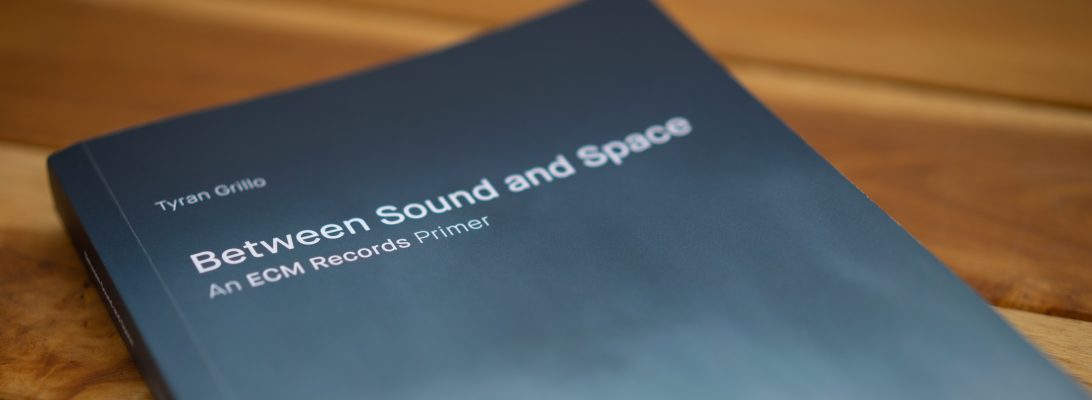Juliane Banse
András Schiff
Songs of Debussy and Mozart
Juliane Banse soprano
András Schiff piano
Recorded January 2001, Reitstadel, Neumarket
Engineer: Stephan Schellmann
Produced by Manfred Eicher
Sometimes one can set aside the reputations of composers and simply enjoy their music. This recital of songs by Mozart and Debussy, performed by an equally unlikely pair in pianist András Schiff and soprano Juliane Banse, however, simply overflows with its creators’ indelible marks. With a hefty dose of poetry, from French symbolists to Goethe, at hand, we’re the lucky ones who get to connect the dots in a constellation of unusual proportions.
Schiff’s well-spaced articulations and Banse’s meticulous control of tone make for a most fitting vehicle for the evocative Beau soir (Beautiful evening) of Debussy that introduces the program. Clair de lune (Moonlight) very much recalls the songcraft of Poulenc and enchants with its opening line from Verlaine: “Your soul is a chosen landscape…” Such cerebral storytelling continues through Pierrot to the equivocal Apparition. Dissonances in En sourdine (Muted) and the almost Carmen-like pastiche of Fantoches (Marionettes) add bolder hues. Verlaine’s careful words reappear in C’est l’extase langoureuse (It is languorous ecstasy), in which Banse pines:
This soul which mourns
In the subdued lamentation,
It is ours, is it not?
Mine, say, and yours,
Breathing a humble anthem
In the warm evening, very softly? [1]
These songs are not without their programmatic gildings, as in the cascading pianism of Il pleure dans mon cœur (Tears fall in my heart) and the thrilling chording of Chevaux de bois (Merry-go-round). Many adjectives come to mind when trying to describe these miniatures, but the one that resounds most for me throughout this recording is: clear. Like fresh light poured upon the morning fields, they nourish like no other stimulant.
Where Debussy works in more horizontal, sinuous gestures, Mozart brings potent verticality. Though a few of his Lieder, such as Warnung (Warning), bristle with the stately charm we popularly associate with the Salzburgian wunderkind, we cannot help but be delighted by the playful strains of Der Zauberer (The sorcerer), which likens the flames of passion to the dark magic of an eager pursuer. The little fable of Das Veilchen (The violet) gives voice to the desires of its titular flower, who spots a frolicking shepherdess. The violet dreams of being plucked and pressed to her bosom, only to be trodden as she skips ignorantly past. Its last sentiments:
“If I must die, at least I die
Through her, through her,
Here, at her feet!”
The recital closes with Abendempfindung (Thoughts at eventide), in which Joachim Heinrich Campe bids his loved ones not to fall too deeply into grief upon his death, promising to be there with open hands to carry them into heaven:
Bestow a tear on me and be
Not ashamed to weep for me,
For this tear shall be the finest
Pearl within my diadem. [2]
These songs are simply fascinating, and all the more so for being programmed together. Within them are many discoveries to be had. Banse and Schiff are so exacting that one almost imagines the music as having been written for them. An altogether captivating album that is as capricious as it is austere.


